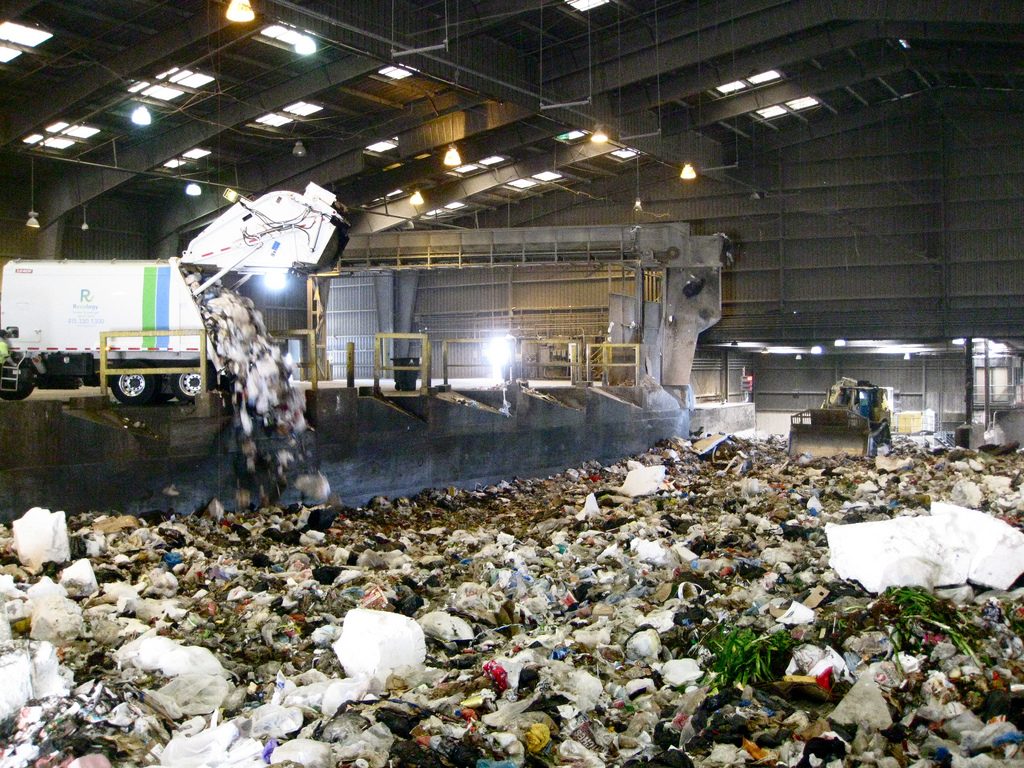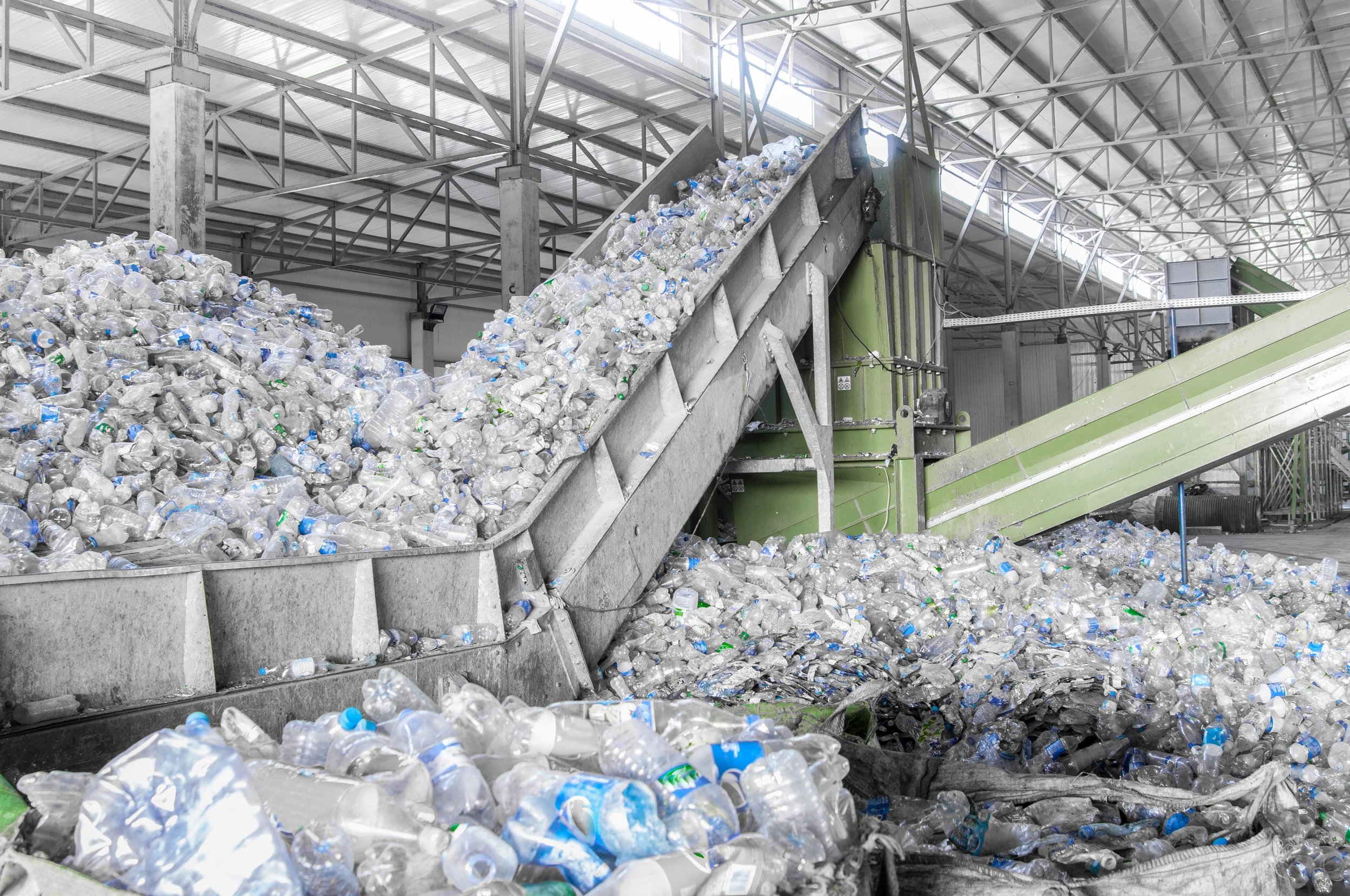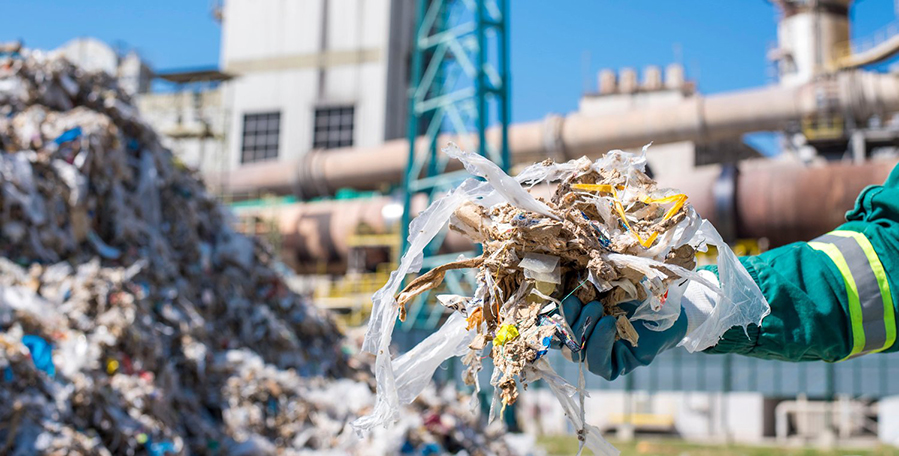Waste to Energy
Waste-based
Incinerates municipal waste to generate electricity or heat, reducing landfill waste and offsetting energy that would have been produced using fossil fuels.
The "Waste to Energy" project offers a innovative solution to the growing challenge of waste management and energy production. By transforming municipal waste into valuable energy resources, this approach contributes to a more sustainable and circular economy.
Process
There are two primary methods for converting waste into energy:
- Incineration: Incineration involves burning waste at high temperatures in a controlled environment. The heat generated is used to produce steam, which can then be used to drive turbines and generate electricity. The remaining ash can be used as a construction material or for landfill disposal.
- Anaerobic Digestion: Anaerobic digestion is a biological process that breaks down organic matter in the absence of oxygen. The resulting biogas, composed primarily of methane, can be used to generate electricity, heat, or transportation fuels. The remaining solid byproducts can be used as fertilizer or compost.
Environmental Benefits
The "Waste to Energy" project offers several significant environmental benefits:
- Reduced Landfill Dependence: By converting waste into energy, the project reduces the amount of waste sent to landfills, thereby mitigating methane emissions and preserving landfill space.
- Reduced Greenhouse Gas Emissions: The project helps to offset the need for fossil fuels, such as coal and natural gas, which contribute to greenhouse gas emissions.
- Diversification of Energy Sources: By adding waste-to-energy facilities to the energy mix, the project helps to diversify energy sources and reduce reliance on a single fuel source.
- Resource Recovery: The project promotes a circular economy by recovering valuable materials from waste, such as metals and plastics, which can be recycled or reused.

Economic Benefits
The "Waste to Energy" project can also provide economic benefits:
- Job Creation: The construction and operation of waste-to-energy facilities can create jobs in various sectors, including engineering, construction, and operations.
- Revenue Generation: The sale of electricity or other energy products generated from waste can provide a source of revenue for municipalities or private operators.
- Reduced Waste Management Costs: By reducing the amount of waste sent to landfills, the project can help to lower waste management costs for communities.

Social Benefits
The "Waste to Energy" project can also contribute to social benefits:
- Improved Public Health: By reducing the amount of waste in landfills, the project can help to improve public health by reducing the risk of disease and pollution.
- Community Engagement: The project can foster community engagement by providing opportunities for individuals and organizations to participate in waste reduction and sustainability initiatives.
Conclusion
The "Waste to Energy" project represents a promising approach to addressing the challenges of waste management and energy production. By transforming waste into valuable energy resources, this initiative can help to create a more sustainable and resilient future.


